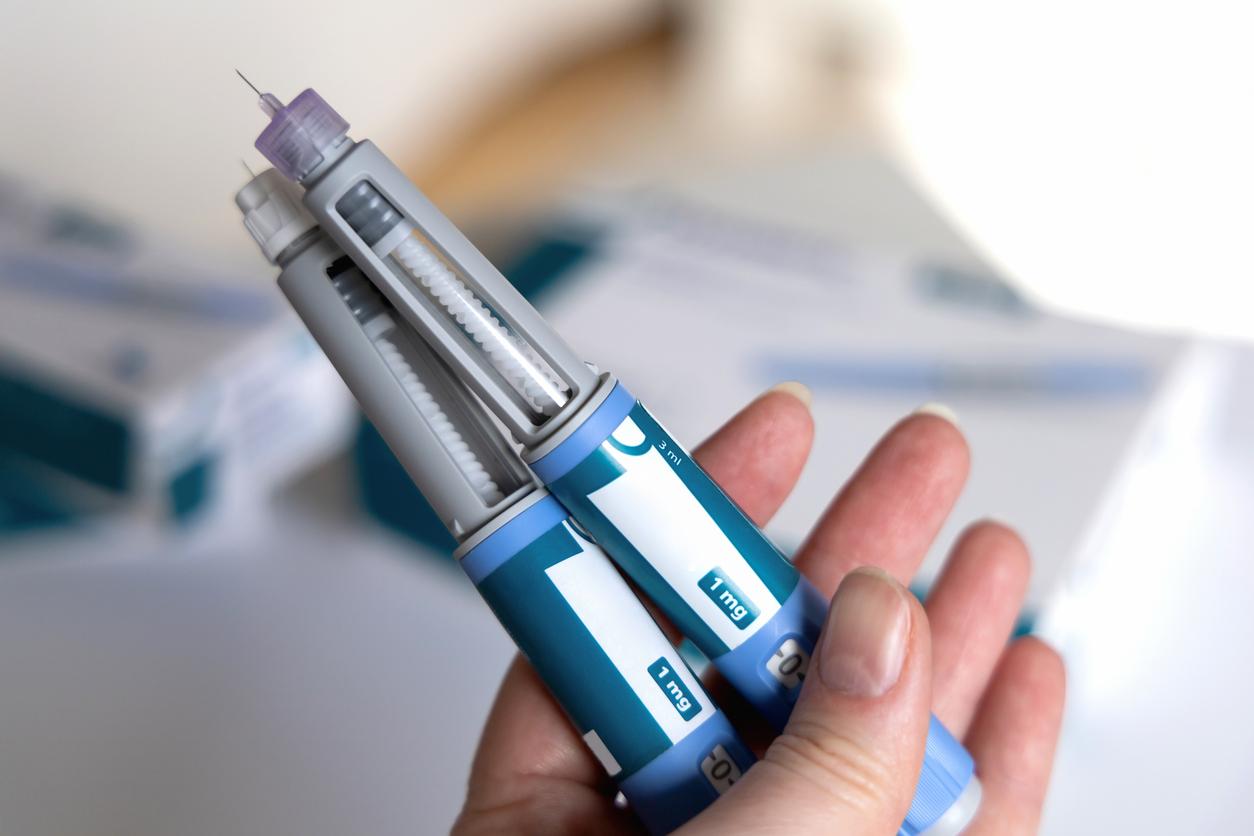During the Ramadan, we cannot eat during the day. For people with diabetes, this results in a disturbance of the eating rhythm which is added to the intake of antidiabetic drugs. This can lead to of the’hypoglycemia (low level of glucose in the blood) which, without treatment, can lead to loss of consciousness or seizures. We tell you which foods to choose for a safe fast.
Remember to hydrate well
As soon as the fast is broken, it is important to hydrate. Favor:
- water, at will
- soups, broth (like chorba and other traditional soups)
- infusions, herbal teas
You can also consume coffee or tea but in moderation because these drinks can disturb sleep.
Get a health check
Ramadan is not prohibited for diabetics but it is better to anticipate it 1 to 2 months in advance with the advice and monitoring of a doctor. It is also important to be accompanied during the month of fasting to carry out a close blood sugar monitoring during Ramadan and do not hesitate to consult the doctor immediately in case of problems.
After Ramadan, it may be useful to make an appointment for a follow-up consultation for possible adjustments to your treatment.
Choose a balanced diet
Feeding must be the subject of constant attention. The watchword is to have a balanced diet. We must favor the consumption offoods rich in slow sugarslike wheat, semolina and beans during the Sahour (meal taken before dawn) which will stabilize blood sugar.
Conversely, during Iftar (evening meal), make way for fast sugars which quickly increase blood sugar (fruits for example), then slow carbohydrates. We avoid foods that are too fatty, such as smen, bricks and other fried foods.
As for physical activity, you maintain your usual pace provided you practice light to moderate intensity activities. Compulsory prayers are part of daily exercise.
Keep a blood glucose chart
Fasting is a factor that can affect blood sugar levels. To better monitor it during this period of Ramadan, it is recommended that diabetics keep a daily blood sugar table. The notes will be used during medical consultations. And make an appointment with your doctor immediately in case of hypoglycemia or hyperglycemia.
Read also : 5 magic anti-diabetes foods
















